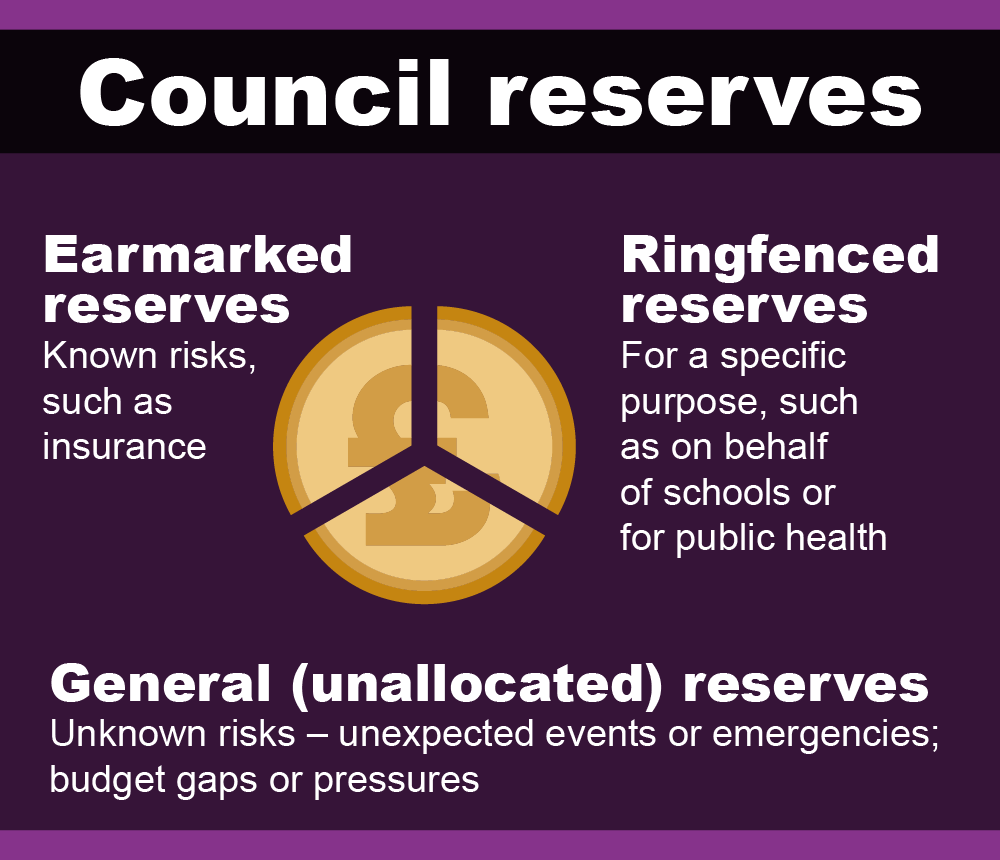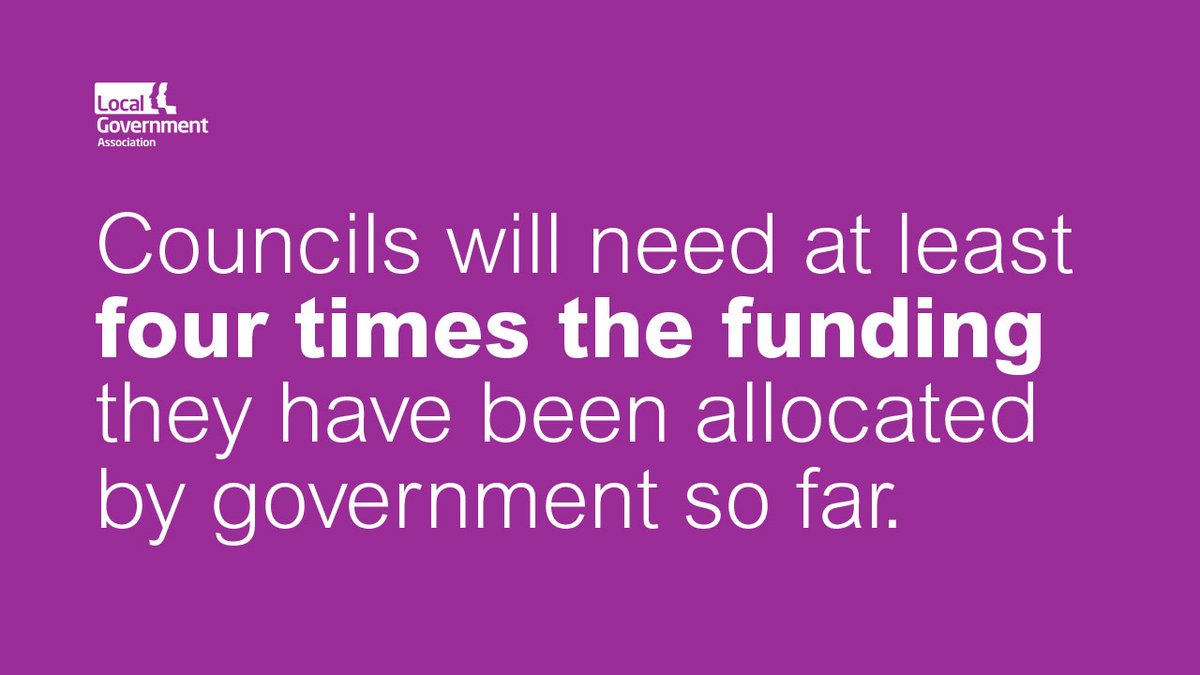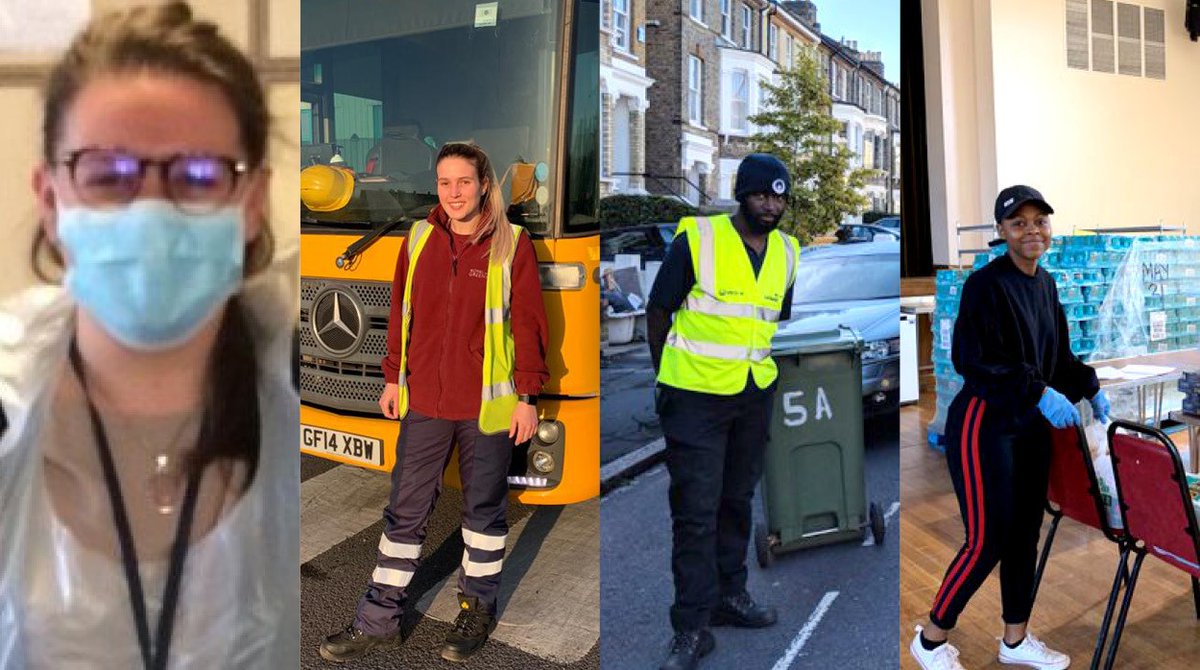
Each year, #LocalGov helps adults to re-engage in learning, gain vital new skills and take next steps into work.
But Govt plans to limit this offer, risking stifling economic growth, leaving vacancies in crucial areas like social care, teaching & green tech.
But Govt plans to limit this offer, risking stifling economic growth, leaving vacancies in crucial areas like social care, teaching & green tech.

Growing the economy won’t be easily achieved if we can’t provide the routes to jobs of the future.
We need to be investing more now to give people the right skills to keep up with demand and provide the next generation of engineers, teachers, nurses and care workers.
We need to be investing more now to give people the right skills to keep up with demand and provide the next generation of engineers, teachers, nurses and care workers.
Every local area has its own unique mix of jobs, qualification levels, unemployment & vacancies - a one-size-fits-all national approach to tackling a looming skills deficit is not the solution.
We need more routes for people to access community-based learning, not less.
We need more routes for people to access community-based learning, not less.
A new report from @livuniheseltine has found that the current national approach to adult skills is too fragmented and complex to navigate. 👇
local.gov.uk/publications/p…
local.gov.uk/publications/p…
Councils know their areas best.
With the right funding and powers, they can help prepare a workforce fit for the future.
#SaveLocalServices #WorkLocal
local.gov.uk/about/news/cou…
With the right funding and powers, they can help prepare a workforce fit for the future.
#SaveLocalServices #WorkLocal
local.gov.uk/about/news/cou…
• • •
Missing some Tweet in this thread? You can try to
force a refresh









